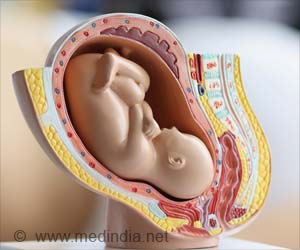One in seven prisoners have a psychotic illness or major depression and around one in five enter prison with clinically significant substance abuse disorders.

"One in seven prisoners have a psychotic illness or major depression and around one in five enter prison with clinically significant substance abuse disorders," said lead researcher Seena Fazel from University of Oxford.
The researchers used national registries to study common psychiatric disorders and any violent convictions (eg, assault, robbery, arson, sexual offences) in all prisoners released in Sweden between January 1, 2000 and December 31, 2009.
Overall, 42 percent of male prisoners were diagnosed with at least one psychiatric disorder before release and 25 percent were convicted of violent crimes in the 3.2 years of average follow-up in the released individuals. Around 60 percent of female prisoners had a psychiatric disorder and 11 percent were convicted of violent crimes following release.
Male prisoners with any psychiatric disorder were over a half (63 percent) more likely to commit a violent offence after release than other prisoners, whilst female prisoners diagnosed with a psychiatric disorder were twice as likely be violent following release.
The study was published in The Lancet Psychiatry journal.
Advertisement













